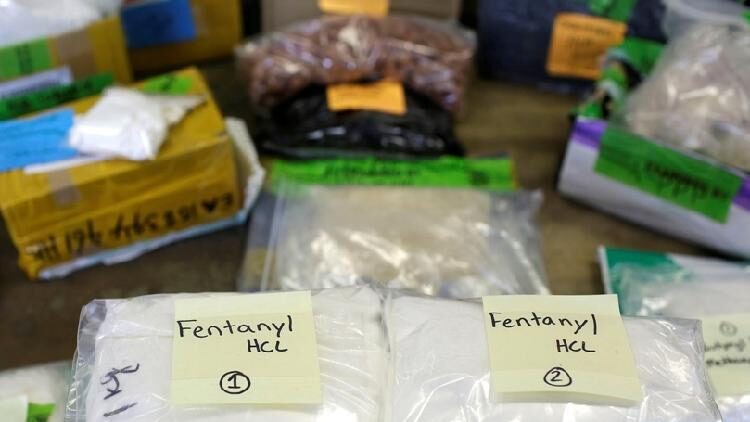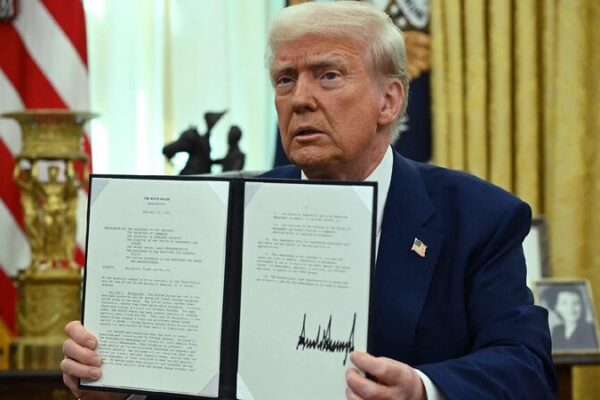US Drug Tariffs May Harm Global Health, Experts Warn
Recent discussions in the United States about imposing new tariffs on imported pharmaceuticals have sparked concerns among global health experts. They warn that such measures could drive up drug prices, exacerbate medicine shortages, and weaken health systems worldwide.
Rising Prices and Access Issues
Industry leaders and drug pricing analysts suggest that additional tariffs on medicines may increase the cost of widely used generic drugs, such as antibiotics. These medications are essential for treating common illnesses, and higher prices could make them less accessible to people who need them most.
“Tariffs will likely lead to increased production costs, which manufacturers may pass on to consumers,” said an industry executive. “This could limit access to affordable medicines, especially in low-income regions.”
Impact on Research and Development
Experts also caution that tariffs could reduce the profits of pharmaceutical companies, potentially affecting their ability to invest in the research and development of new treatments. “Less funding for innovation means fewer breakthroughs in medicine,” noted a healthcare analyst. “This could slow down the development of life-saving drugs.”
Global Health Concerns
The China Chamber of Commerce for Import and Export of Medicines and Health Products expressed worries about the broader implications of the tariffs. In a statement, the chamber emphasized that the measures could disrupt the stability of pharmaceutical production and global supply chains, impacting medical access for vulnerable populations.
“Tariffs threaten global healthcare equity,” the chamber stated. “They undermine efforts to ensure that everyone has access to essential medicines.”
Challenges for International Cooperation
Xu Ming, a researcher at Peking University’s Institute for Global Health and Development, warned that trade tensions could hinder international collaboration on pressing issues like pandemics and climate change.
“Effective responses to global health crises require cooperation between nations,” Xu said. “Trade disputes make it harder to work together when it matters most.”
Potential Effects on Europe
The United States relies heavily on pharmaceuticals imported from Europe, with sales reaching tens of billions of dollars annually. Analysts suggest that new tariffs could significantly impact the European pharmaceutical industry, leading to production cuts and job losses.
“A trade war in the pharmaceutical sector could reduce patients’ access to essential medicines and raise healthcare costs,” reported European media outlets. “It may also force companies to scale back, affecting workers and economies.”
Calls for Careful Consideration
Health experts and industry leaders are urging policymakers to weigh the potential global consequences of imposing tariffs on pharmaceuticals. They highlight the importance of maintaining stable, affordable access to medicines for all populations.
“We need solutions that support both the healthcare industry and the patients it serves,” said a global health advocate. “Collaboration and thoughtful policy decisions are key to ensuring a healthier world.”
Reference(s):
U.S. tariffs on drugs to damage global health governance, experts warn
cgtn.com








